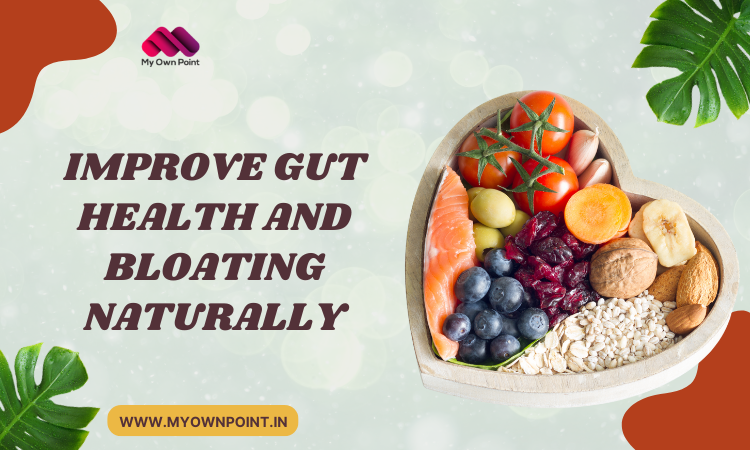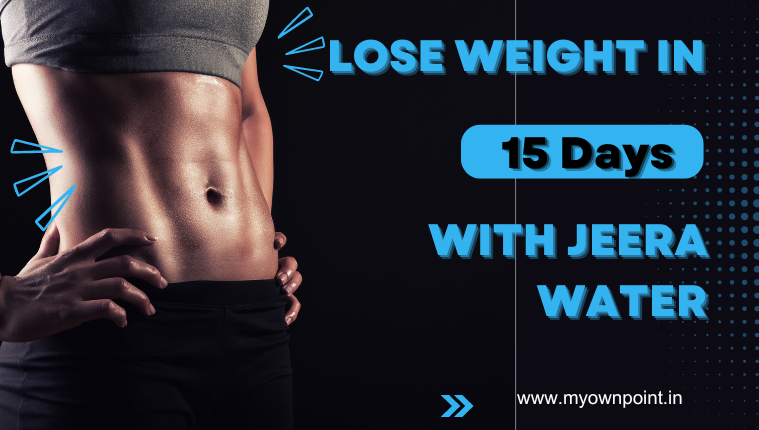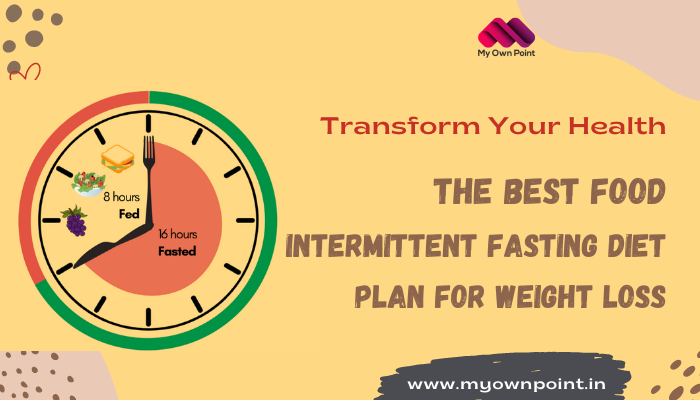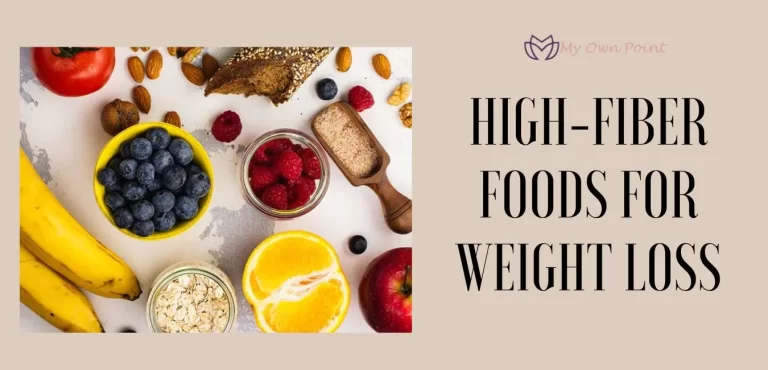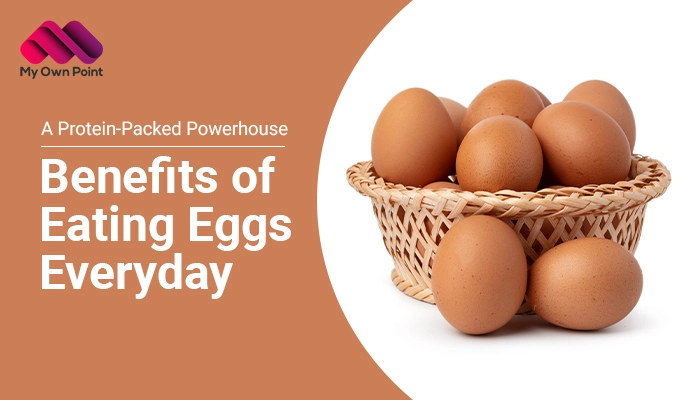How to Improve Gut Health And Bloating Naturally
Digestive issues like heartburn, bloating, constipation, and gas reflect the state of your body. As we age, natural processes like gastric acid production and gut function decline, affecting overall health. According to gastroenterologist Dr. Gerard Mullin, these functions may become less effective over time. Gut health is crucial for immunity, mood, energy, and skin health. Bloating, a common problem, causes discomfort from fullness or swelling in the stomach. It can happen for several reasons, but the good news is that there are natural ways to reduce bloating and improve gut health. Let’s explore some methods to improve gut health and bloating naturally in this article:
Also Read: 5 Simple Homemade Face Mask for Glowing Skin: Easy Recipes
Why am I bloating so much all of a sudden?
The sensation of abdominal bloating is due to gas collecting in the gastrointestinal (GI) tract. This sensation can be extremely discomforting as it makes the abdomen sensitive and painful. Water retention or an overly full feeling in the abdomen can also cause bloating. Here are the causes of bloating and how you can reduce it:
- Digestive problems: Bloating can stem from constipation or hypersensitivity reactions to certain foods. Additional discomfort can occur due to constricted bowel movements and excessive gas build-up.
- Diet: Aspects such as carbonated beverages, an increase in salt/sugar consumption, and a decrease in fiber fill can contribute to bloating easily.
- Changes in hormones: Hormonal fluctuations and water retention during the menstrual cycle phase account for why many women feel bloated prior to or during their period cycles.
Also Read: What is Balanced Diet? Definition, Benefits, and Examples
4 Ways to Improve Gut Health And Bloating Naturally
1. Adopt a Gut-Friendly Diet
Good gut health can be achieved by combining a balanced diet. Certain foods promote healthy stomach bacteria, while others may cause discomfort or inflammation. You can minimize and support your gut microbiome by monitoring your diet.
a)- Fiber-Rich Foods: High fiber rich foods are important for digestion, regulating bowel movements, preventing constipation, and nourishing good gut bacteria. Include these fibre-rich foods in your diet:
- Fruits: Apples, pears, berries, bananas, and citrus fruits
- Vegetables: Leafy greens, carrots, spinach, broccoli, and cauliflower
- Whole Grains: Oats, quinoa, brown rice, and barley
- Legumes: Lentils, chickpeas, black beans, and kidney beans
However, if you’re not used to eating a high-fiber diet, increase your fiber intake gradually to avoid bloating or discomfort.
b)- Probiotic-Rich Foods: Probiotic-rich foods play an important role in gut health, and foods such as yogurt, kefir, kimchi, and sauerkraut to your diet help improve gut health.
- Yogurt: Choose unsweetened yogurt with live and active cultures
- Kefir: A fermented milk drink that’s packed with probiotics
- Kimchi: A spicy, fermented vegetable dish typically made with cabbage
- Sauerkraut: Fermented cabbage that aids in digestion
- Miso: A Japanese fermented paste made from soybeans
c)- Prebiotic Foods: Prebiotics are fibres that feed probiotics, helping them thrive in the gut. Consuming prebiotic-rich foods such as garlic, onions, bananas, and asparagus is essential for a balanced gut flora.
- Garlic
- Onions
- Leeks
- Asparagus
- Bananas
d)- Hydration: Dehydration can significantly impair digestion, leading to issues like constipation and bloating. By ensuring you drink at least 8 cups (64 ounces) of water daily, or more if you’re active, you can keep your digestive system functioning optimally and avoid sluggishness.
Also Read: Intermittent Fasting Diet Plan for Weight Loss
2. Avoid Common Bloating Triggers
Specific meals and behaviours can cause digestive discomfort. Here are a few pretty typical triggers:
a) Processed Foods: These foods create bloating and upset digestion since they are high in sugar, artificial additives, harmful fats, and lack fibre. For better gut health, choose minimally processed whole meals that include fruits, vegetables, lean meats, and healthy fats.
b) Dairy: Dairy contains lactose, which can cause bloating since it is difficult to digest. Some ideas to consider are limiting dairy consumption or switching to lactose-free alternatives like coconut yogurt or almond milk.
c) Carbonated Drinks: Drinks like soda and sparkling water that contain carbonation produce gas. To prevent bloating, swap them out for natural fruit juices, herbal teas, or still water.
d) Artificial Sweeteners: Side effects of sweeteners like sorbitol and mannitol can be found in sugar-free gum and low-calorie foods. Eliminating these from your diet may help reduce.
3. Incorporate Digestive Herbs and Spices
Numerous spices and herbs can help ease bloating and, as a bonus, promote digestion. These ingredients are simple to consume, whether in tea or added to meals.
a)-Ginger: Ginger is good for bloating and gas and is well known for easing stomach discomfort. You can always consider blending Ginger into your smoothies and soft drinks or even boiling it to drink.
b)-Peppermint: Like Ginger, peppermint is also great for easing gas bloating. Peppermint relaxes muscles, making it easier for gas to pass and reducing bloating. Try drinking peppermint tea or taking peppermint capsules to relieve gas and fullness.
c)-Fennel: Fennel seeds help with gas and bloating as they work wonders in relaxing the gut muscles. To ease digestion, consider chewing fennel seeds after your meal or even drinking fennel tea afterwards.
d)-Turmeric: Take turmeric for bloating, which contains the anti-inflammatory compound curcumin. You can add turmeric to curries or make turmeric tea to ease discomfort.
Also Read: The Surprising Anti-Inflammatory Power of Kale Juice
4. Exercise Regularly
Regular exercise reduces a bloated stomach because it enhances digestion. It makes your intestines work correctly and food digest effectively, which reduces the chances of constipation, which can lead to bloating.
a)-Walking: Walking after eating reduces bloating and encourages food digestion. Standing up and moving about facilitates gas and food to move through the digestive system.
b)-Yoga: Various yoga poses get rid of trapped gas. It includes the ‘wind relieving pose’ (Pavanamuktasana) and ‘child’s pose’ (Balasana) positions, which assist in gas and digestion, which in turn helps relieve bloating.
c)-Strength Training: Better digestion and faster metabolic rate can be achieved by building density muscles with weight lifting and other exercises.
5. Manage Stress
Chronic stress can harm the gut nature. When stressed, the body produces hormones like cortisol, which can impede digestion and lead to bloating and other complications. Breathing techniques can help strengthen your immune system and mitigate stress in the intestines.
a) Mindfulness and Meditation: Overthinking affects the digestive system. Mindfulness and meditation are powerful tools for calming the body and mind. Its regular process can reduce stress and improve digestion, leading to a healthier gut.
b)- Deep Breathing Exercise: Deep breathing is most associated with parasympathetic nervous system activation. This can ease stress and get the digestive system back to normal.
Conclusion
So, you can improve gut health and bloating naturally with effective tips, including probiotics, healthy food, and natural remedies. It includes a gut-friendly diet, mindful food choices, regular exercise, stress management, and possibly the use of digestive herbs and spices. Always consult first with a healthcare professional if you experience chronic bloating or digestive issues, as these could be signs of underlying conditions that require medical attention.
Also Read: Try Power Yoga to Lose Weight in 7 Days – A Comprehensive Guide

